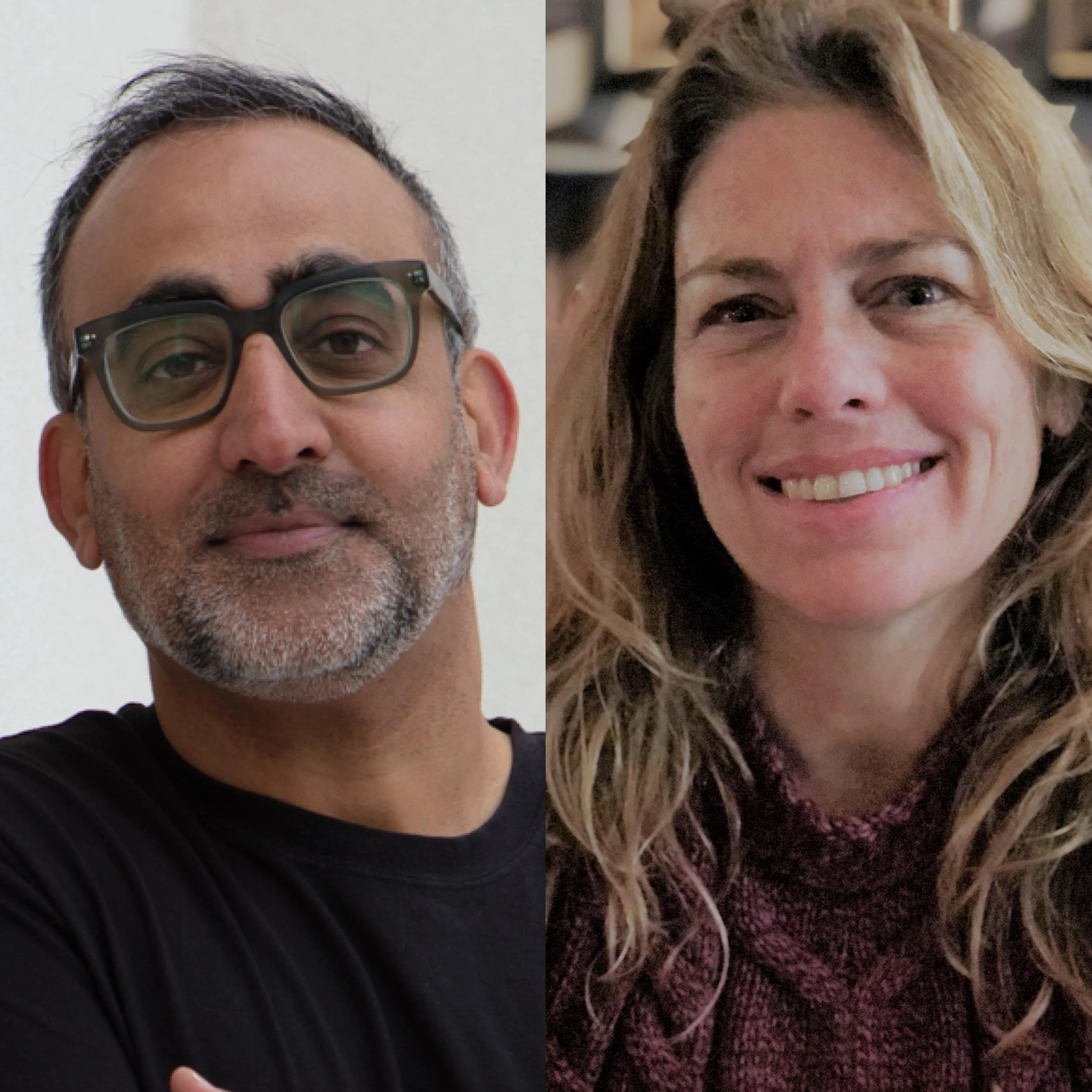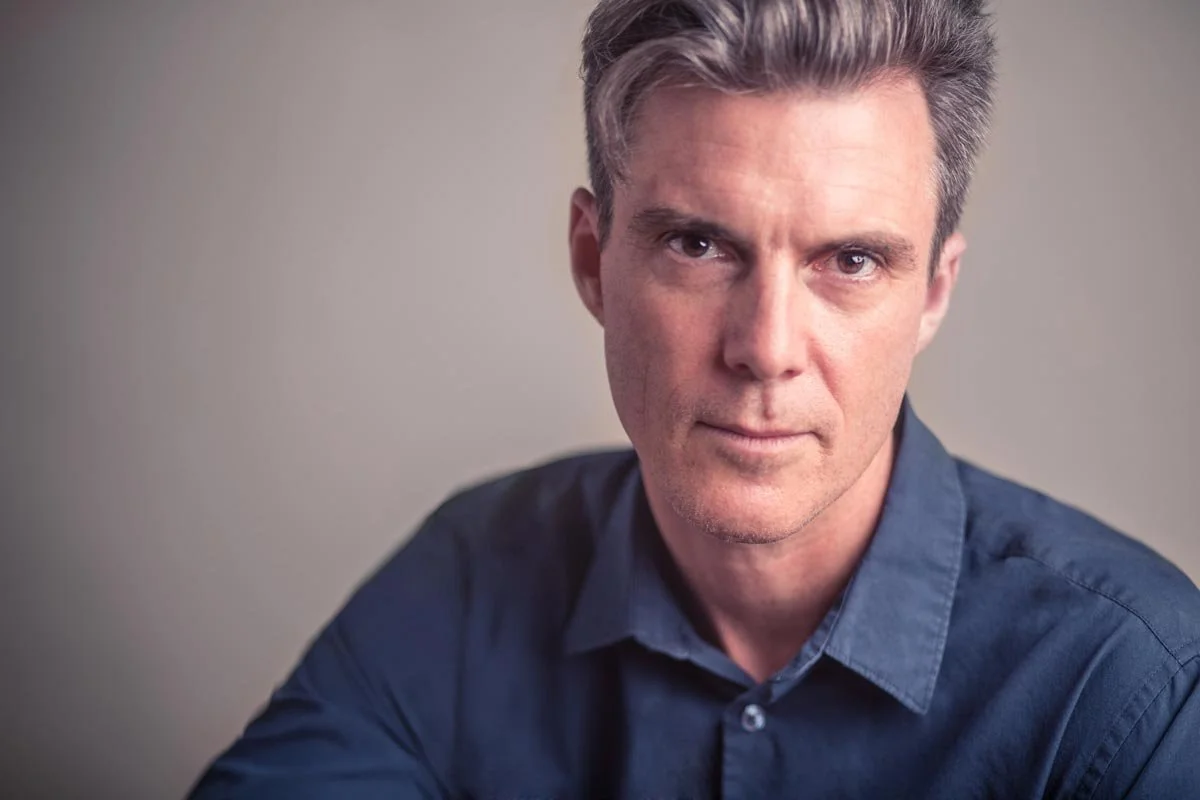In this episode of the Speaking Out of Place podcast, Professor David Palumbo-Liu and Azeezah Kanji interview Dr. Haley Duschinski and Mr. Imraan Mir, who are active in trying to grow global awareness of Kashmir and in working to secure human rights for the people of Kashmir. They give us important historical background on Kashmir, which is normally reduced to simply a place of struggle between India and Pakistan. To counter that image, Duschinski and Mir characterize Kashmir as a region with a deep and rich culture and history that is suffering under a brutal and anti-democratic occupation imposed and maintained by the state of India.
IMRAAN MIR
It's a complex history. I think the key thing to understand about Kashmir is that it is a place that was never decolonized, and it was recolonized in what is a nominally post-colonial world.
HALEY DUSCHINSKI
This is the 75th anniversary of the UN Security Council's recognition of Kashmir as an international dispute. And, along with Palestine, Kashmir is the longest-running unresolved dispute on the agenda of the Security Council.
Dr. Haley Duschinski is an Associate Professor of Anthropology at Ohio University (Ph.D. Anthropology, Harvard University, 2004). A legal and political anthropologist, she has co-edited Resisting Occupation in Kashmir (2018), The Routledge Handbook of Critical Kashmir Studies (2022), and The Palgrave Handbook of New Directions in Kashmir Studies (2023). Duschinski is a founding member of the Critical Kashmir Studies collective and an active member of the Kashmir Scholars Consultative and Advocacy Network (KSCAN).
Imraan Mir is a lawyer, entrepreneur and author. His Kashmir-related work involves research, writing and advocacy to increase understanding of historic and contemporary realities and to facilitate accountability for rights violations. He has done human rights-related work on Kashmir since the late 1990s independently and through collaborations with various organizations, including the Kashmir Law and Justice Project. He holds a J.D. from Harvard Law.
*
Speaking Out of Place, which carries on the spirit of Palumbo-Liu’s book of the same title, argues against the notion that we are voiceless and powerless, and that we need politicians and pundits and experts to speak for us.
Judith Butler on Speaking Out of Place:
“In this work we see how every critical analysis of homelessness, displacement, internment, violence, and exploitation is countered by emergent and intensifying social movements that move beyond national borders to the ideal of a planetary alliance. As an activist and a scholar, Palumbo-Liu shows us what vigilance means in these times. This book takes us through the wretched landscape of our world to the ideals of social transformation, calling for a place, the planet, where collective passions can bring about a true and radical democracy.”
David Palumbo-Liu is the Louise Hewlett Nixon Professor and Professor of Comparative Literature at Stanford University. He has written widely on issues of literary criticism and theory, culture and society, race, ethnicity and indigeneity, human rights, and environmental justice. His books include The Deliverance of Others: Reading Literature in a Global Age, and Speaking Out of Place: Getting Our Political Voices Back. His writing has appeared in The Washington Post, The Guardian, The Nation, Al Jazeera, Jacobin, Truthout, and other venues. Twitter @palumboliu
Apple Podcasts · Spotify · Website



















































